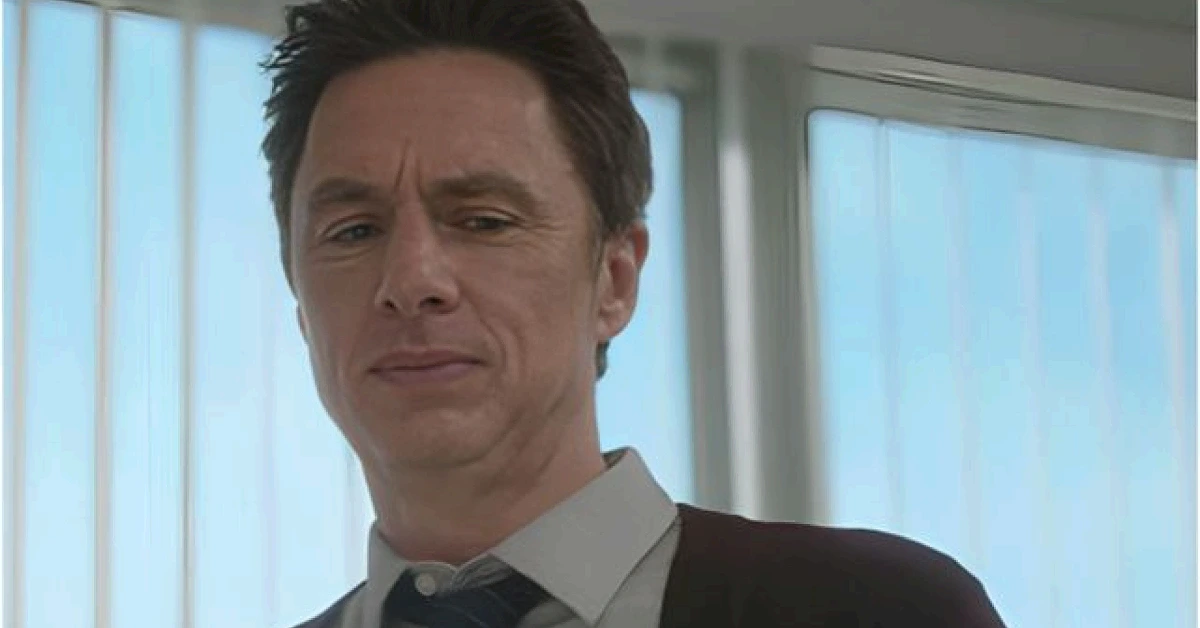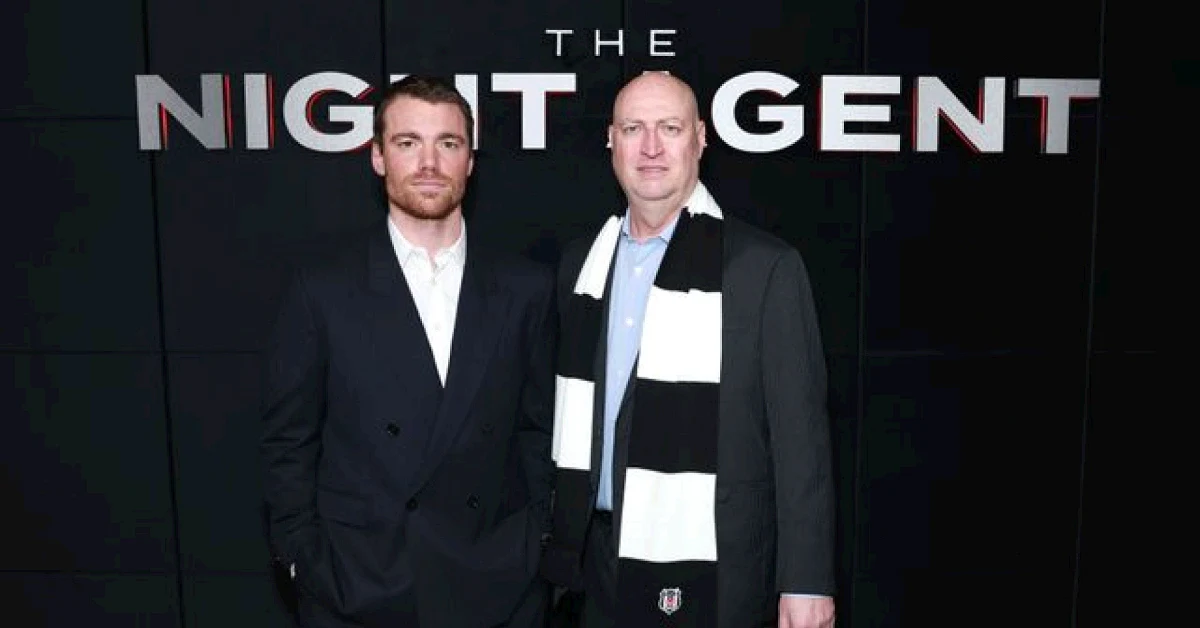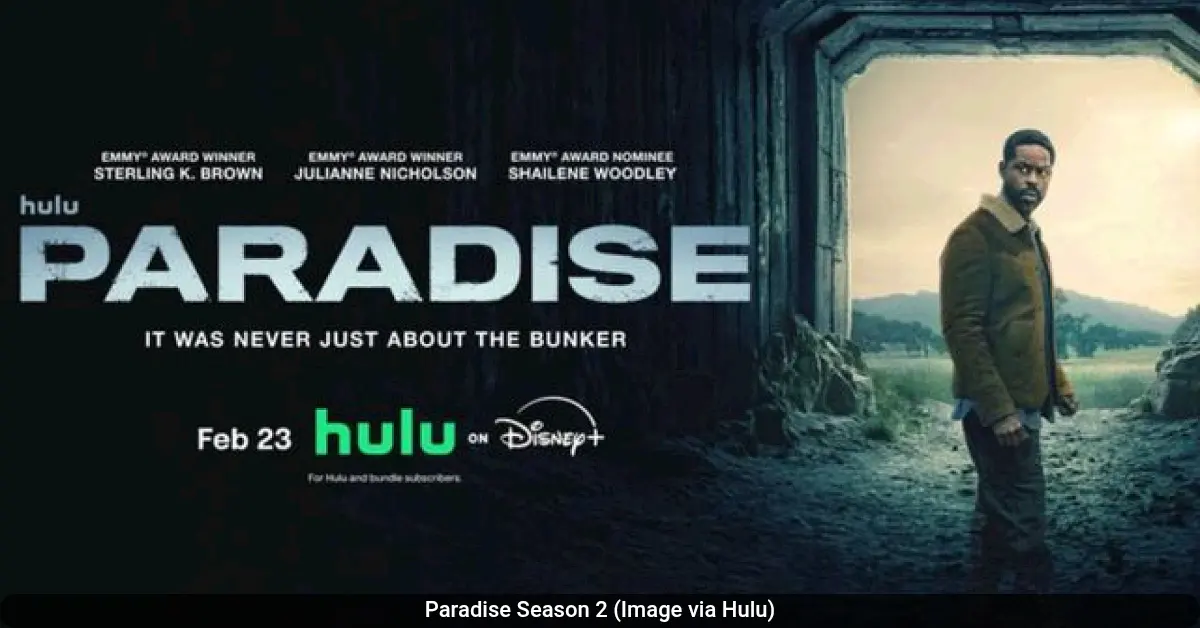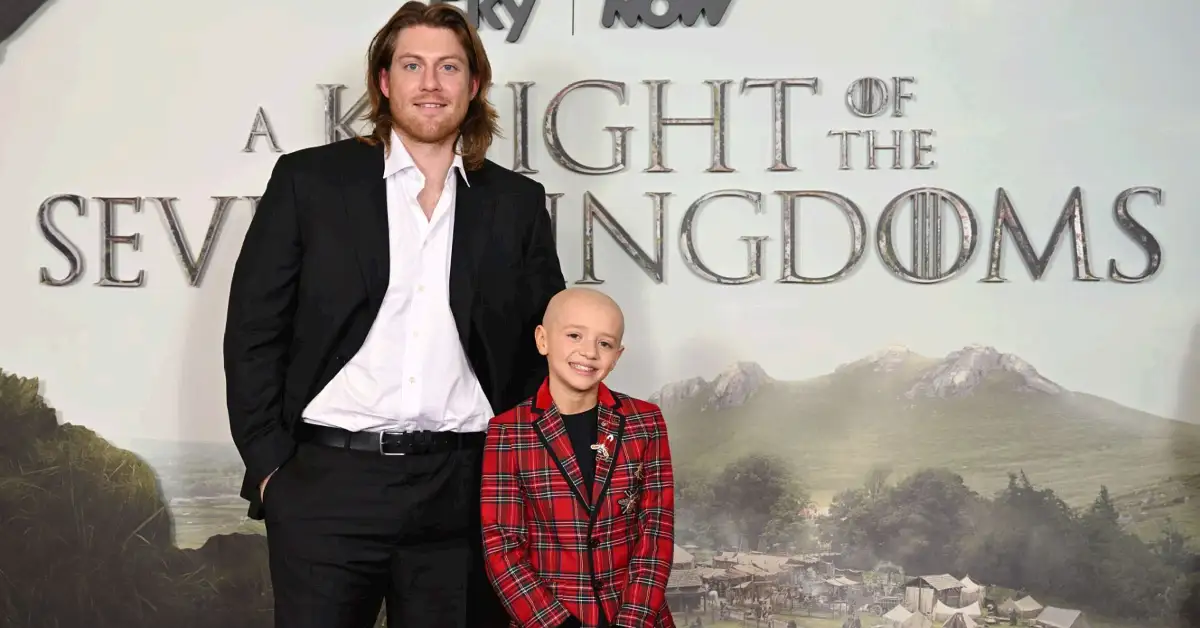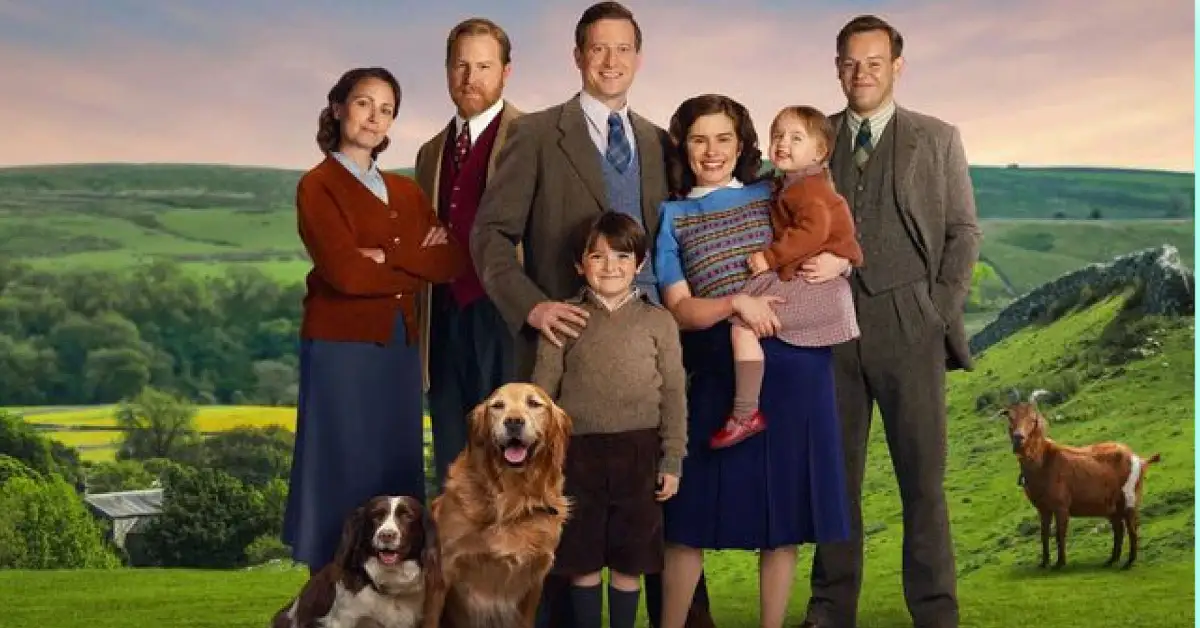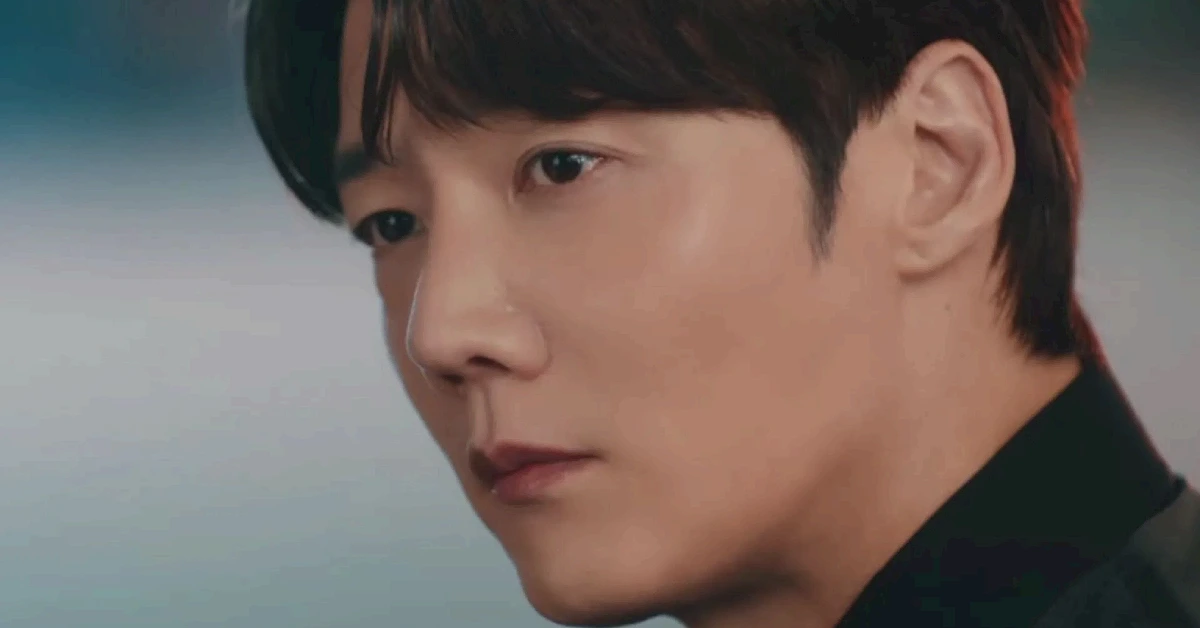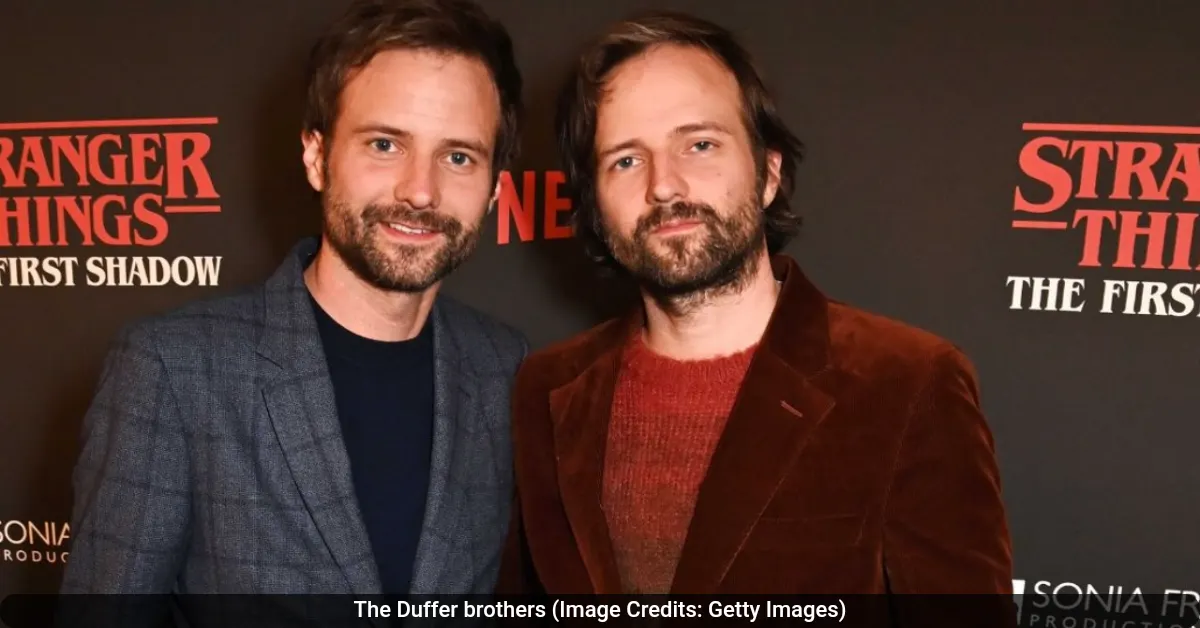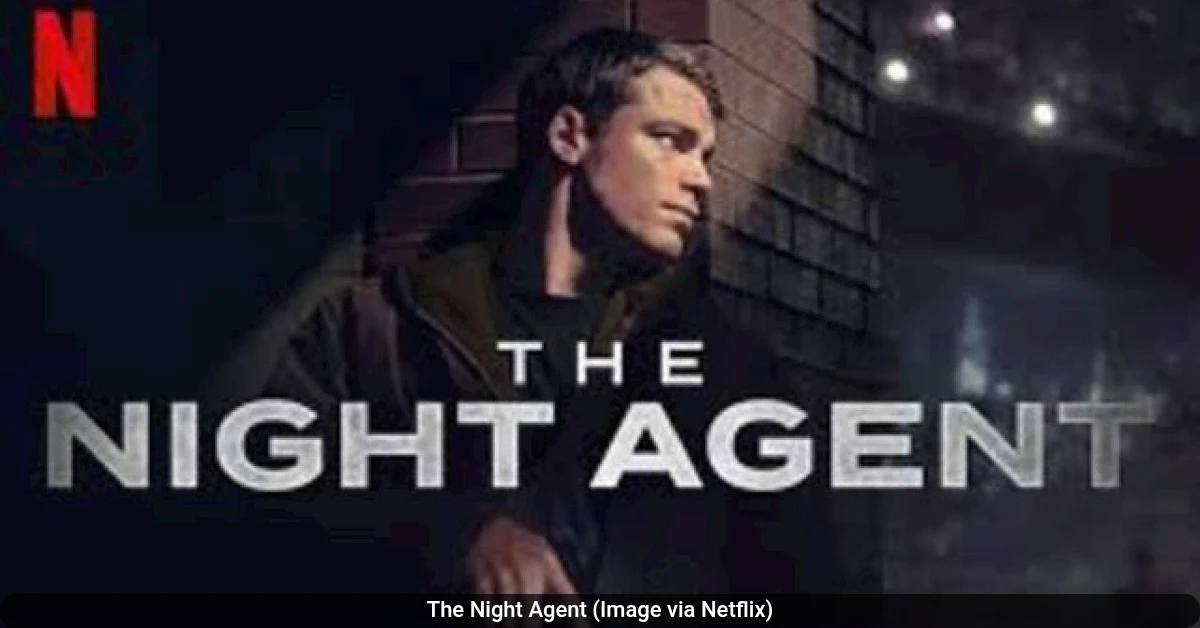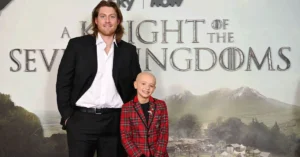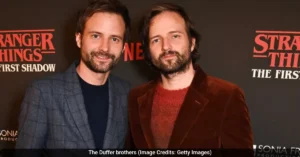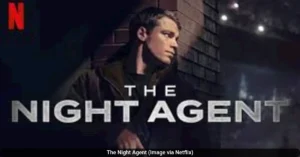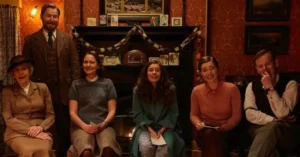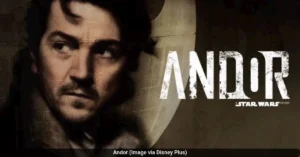Vince Gilligan’s new Apple TV+ series, Pluribus, is more than a sci-fi thriller about an alien hive mind; it’s a detailed treasure hunt for fans. The show, which has broken records as Apple TV+’s biggest drama launch ever, follows author Carol Sturka, one of the few people immune to a virus that connects humanity into a single consciousness. For attentive viewers, the series is packed with subtle nods to Gilligan’s previous work and hidden details that add deeper meaning to the story. Here are five of the most interesting Easter eggs you might have missed.
The Return of Wayfarer Airlines
One of the most striking connections appears in the second episode when Carol takes a flight to meet other immune survivors. The airline is called Wayfarer, a name that will be instantly familiar to Breaking Bad fans. In that series, Wayfarer was the airline involved in a tragic mid-air collision over Walter White’s house. In Pluribus, the visual of Carol walking through a vacant Wayfarer aircraft packed with empty seats creates a feeling of unease. This clever callback reminds viewers of the massive, unseen death toll that occurred when pilots were suddenly absorbed into the joining, grounding planes and causing disasters. It works even if you haven’t seen the earlier show, building a world where something has gone terribly wrong.
A Whiskey Nod to a Dark Past
A subtle but powerful detail emerges at the end of the first episode. After a confronting day, Carol pours herself a drink from a bottle of Macallan whiskey. This isn’t just any whiskey; it’s the same brand that held significance in Better Call Saul. Howard Hamlin was frequently seen drinking it, most notably when he brought a bottle to Jimmy and Kim’s apartment just before his murder. In Pluribus, the whiskey does more than connect universes; it tells a story about Carol’s character without using any dialogue. It shows she seeks comfort in familiar, high-quality things, a small anchor to normalcy in a world that has completely changed.
The Thematic Link of the Butterfly Effect
Vince Gilligan often explores how small actions can have massive, unintended consequences, and Pluribus continues this tradition. In Breaking Bad, Walter White’s decision to let Jane die set off a chain of events that led to a plane crash killing hundreds. Pluribus uses this same “butterfly effect” as a central plot mechanism. The show’s core premise is that one person joining the hive mind can lead to billions more following. In a key moment, Carol’s anger accidentally triggers a physical reaction in the hive, leading to millions of deaths. Like Walter, she learns that her personal emotions can have a catastrophic ripple effect on the world, exploring the same theme of unintended consequences on a global scale.
A Sinister Detail in Plane Registration Numbers
Eagle-eyed aviation fans spotted a deeply hidden and chilling detail. The registration numbers on two different planes in the show (N46628 and N1703D) correspond to real-life aircraft that crashed in nearly identical accidents in January 2001. Both crashes were attributed to pilot error in bad weather, and both planes hit trees. The connection feels too specific to be a coincidence from a detail-oriented creator like Gilligan. This discovery has led to fan theories that it foreshadows a critical vulnerability or fallibility in the seemingly perfect hive mind. In a strange twist, the database used to look up this crash information is named CAROL, the same as the show’s main character, making the find even more compelling.
Also Read:
The “Made By Humans” Disclaimer
A final, modern Easter egg appears in the closing credits of the show. A small line of text reads, “This show was made by humans.” This is more than a simple statement of fact. In an era where artificial intelligence is increasingly used in creative industries, this disclaimer is a pointed message. Gilligan has publicly expressed his dislike for AI, calling it a “detriment” to creativity. The message aligns perfectly with the show’s themes of individuality versus collective consciousness, serving as a real-world declaration that the thoughtful, human-driven storytelling you’re watching stands in opposition to the kind of automated creation the story itself critiques.
Also Read: New Shows All Her Fault and Pluribus Make Big Splash in Streaming Rankings
Also Read: Severance Season 2 Finale: The Chilling Truth Behind Cold Harbor


